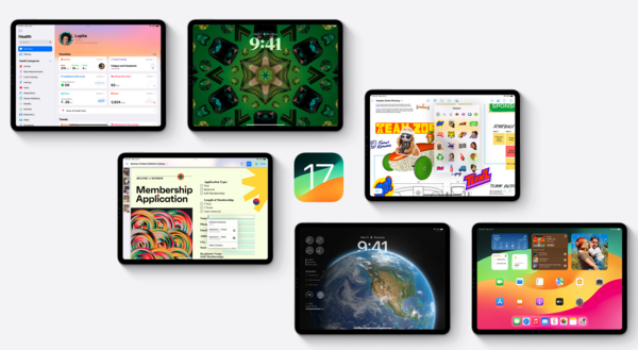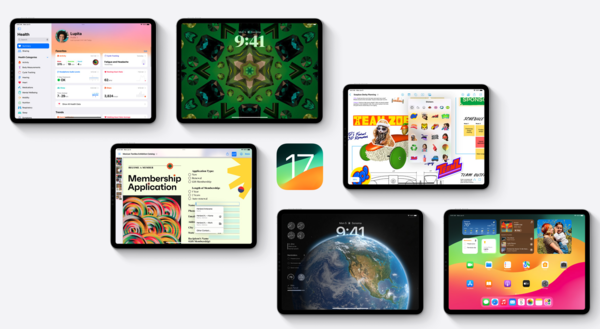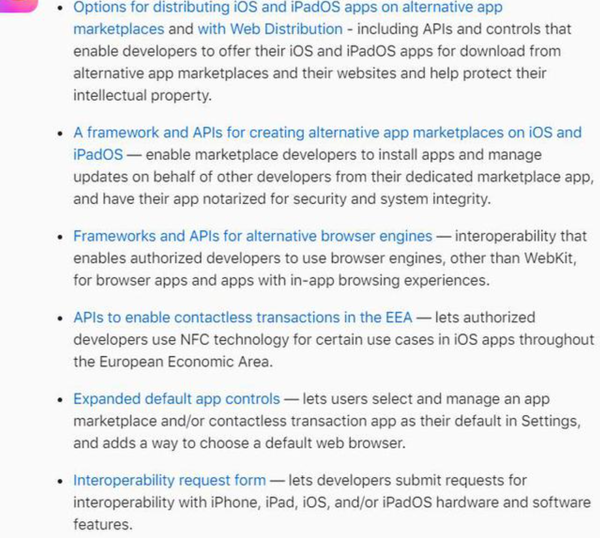Recently, Apple announced that from September 16, iPad users in the EU will be able to download apps through third-party app stores. This change follows the reform of the iPhone app market within the EU, where five alternative app stores for iPhone apps are available for users to choose from.
The move stems from the Digital Markets Act (DMA) antitrust legislation in Europe, which lists several tech companies as “gatekeepers” and requires them to open up their markets and reduce obstacles to competition. As one of the designated ‘gatekeepers,’ regulators have given Apple special attention for its monopoly position in the iPhone app market. They have asked Apple to allow users to purchase and download apps outside its official app store. Apple has responded positively and has successfully introduced alternative sales channels for iPhone applications.
Despite the relatively small size of the iPad market, the EU believes it has produced a significant lock-in effect, which has put some restrictions on competition and user choice. Therefore, Apple decided to expand its policy to allow third-party iOS app sales to the iPadOS platform, providing more options for iPad users in the EU.
Apple clearly stated in its official statement that from September 16, iPad users in the EU will be able to freely choose to download iPadOS apps from the App Store or other distribution channels. In addition, for developers who have signed the Appendix to the EU Regional App Alternative Terms, their iPadOS apps will begin to accumulate in the first year and enjoy a lower App Store commission rate to encourage innovation and market competition.
Apple will allow alternative browser engines in iPadOS applications. Before approving apps for sale in other app stores, Apple will conduct strict security reviews and ensure user devices and data privacy are protected.









